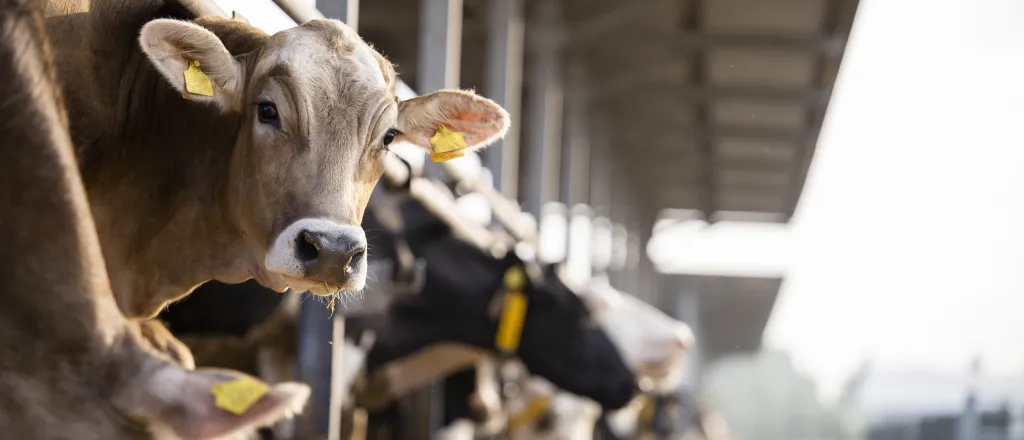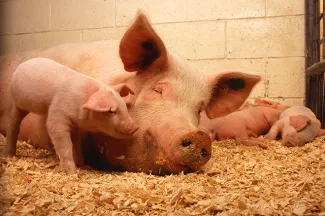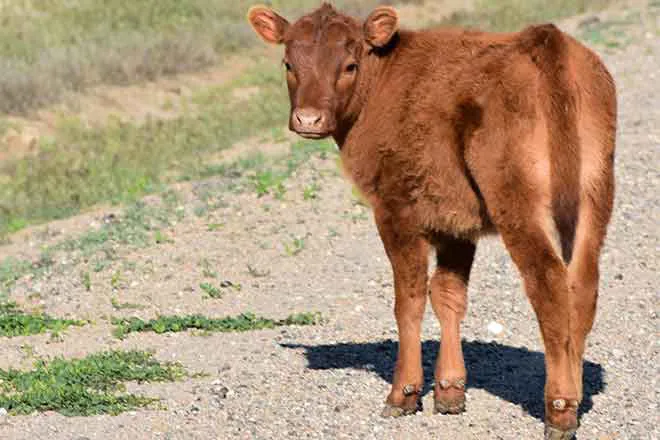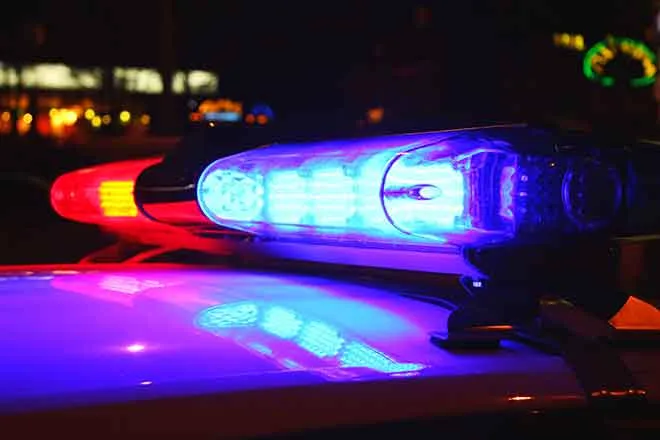
Indiana agricultural leaders push back on inspection plan
© Smederevac - iStock-1470677566
Click play to listen to this article.
Indiana farm leaders are pushing back against a bill that would increase inspections at large livestock farms.
Senate Bill 193, sponsored by Senator Rick Niemeyer, R-Lowell, would require the Indiana Department of Environmental Management to double inspections at Concentrated Animal Feeding Operations for permits.

Josh Trenary, executive director of the Indiana Pork Producers Association, said the department said it will not need more staff but a study suggested otherwise.
"The agency's ability to balance inspecting where the needs are, or the risks are, while still making sure they get around to enough operations every year to receive their grant funding from the federal government," Trenary contended.
Supporters said the bill strengthens oversight and protects water quality, while opponents argued it adds costs and unnecessary burdens on farmers. A Senate committee moved the bill to the full chamber despite concerns from industry leaders and no public testimony in favor of it.
Trenary stated livestock farmers carefully manage manure because they use it as fertilizer instead of costly commercial products. He wants the regulatory program to be efficient.
"We want the regulatory program to run well -- it makes our environmental record look good if IDEM is quickly responding and solving problems before they happen -- that's what we want," Trenary emphasized. "We want them to make those discretionary risk based inspections instead of a blanket statutory requirement."
Trenary argued the proposal creates more regulation without addressing a real problem. He wants lawmakers to focus on better environmental solutions.

















